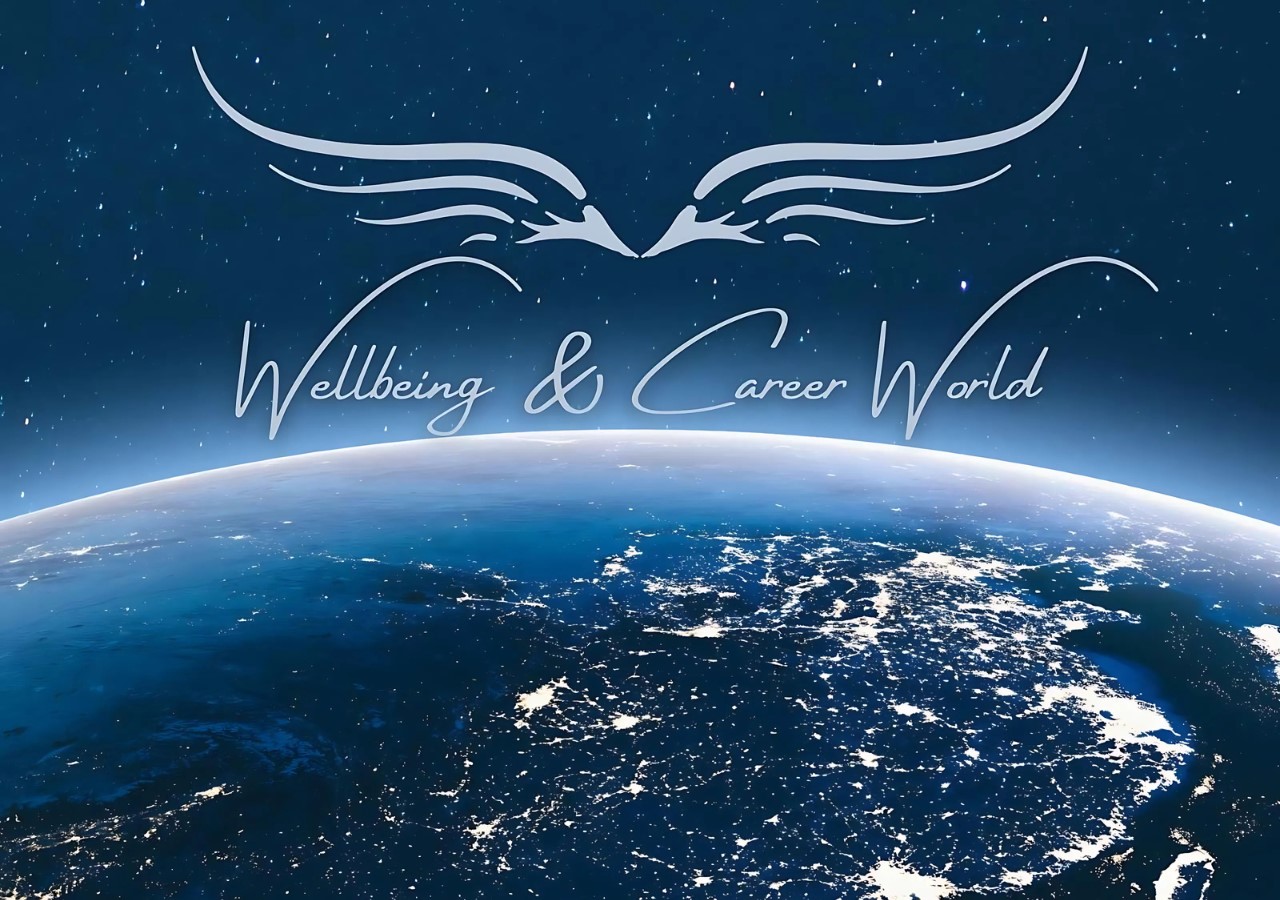Numbers Never Lie: Economic Empowerment Through Accounting and YouTube
Audio Version http://popout.tunein.com/embed/player/t378495820?partnerId=RadioTime

Audio Version http://popout.tunein.com/embed/player/t378495820?partnerId=RadioTime
Audio Version https://open.spotify.com/episode/2zPABF2np0lTCIfgZjrerD
Audio Version https://open.spotify.com/episode/3td9ne8h1Id9lzyNJlGkXq
0 Comments